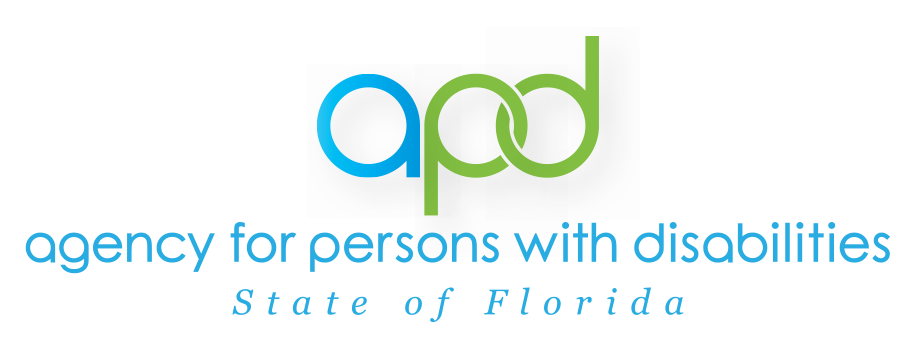Human Trafficking
Human trafficking constitutes a severe violation of human rights and disproportionately impacts vulnerable populations, including individuals with developmental and intellectual disabilities. These individuals are often targeted due to their heightened dependence on others for daily care, difficulties with communication, and limited ability to recognize or report instances of abuse.
Under federal law, the Trafficking Victims Protection Act (TVPA) of 2000 defines severe forms of human trafficking to include both sex trafficking—when a commercial sex act is induced by force, fraud, or coercion, or involves a minor—and labor trafficking through similar means for the purpose of involuntary servitude or slavery.
Under section 787.06, Florida Statutes, Florida criminalizes the exploitation of individuals through acts such as recruiting, transporting, or harboring them for trafficking purposes.
Florida ranks third in the nation for potential human trafficking cases, underscoring the critical need for targeted prevention and protection.
Increased Vulnerability
The following factors contribute to the heightened risk of human trafficking for individuals with disabilities.
Explaining the Risk
- Social stigma and isolation
- Dependence on others for care
- Limited economic independence
- Inability to report or be seen as credible
- Difficulty recognizing inappropriate behavior
- Limited education on sexuality or healthy relationships
- Communication challenges and physical barriers
Why It’s Hard to Recognize
- Victims may not see it as abuse or exploitation
- Communication issues mask signs
- Behaviors may be mistaken as disability traits
Red Flags of Human Trafficking
The following are red flag indicators that may suggest potential human trafficking.
Living/Working Conditions
- Underage in the commercial sex industry
- Unpaid or underpaid
- Works excessive/long hours
- Restricted breaks
- Large unpaid debt
- False job promises
- Heightened security at work/home (bars, cameras, etc.)
Mental/Physical Signs
- Fearful, anxious, depressed, or paranoid
- Avoids law enforcement or eye contact
- Malnourished, lacks health care
- Signs of abuse, restraint, or torture
Lack of Control
- Minimal possessions, no control of money or ID
- Someone else speaks for them or insists on being present
- Doesn’t know their location or address
- Inconsistent stories, confused sense of time
Other Clues
- Claims of “just visiting”
- Sudden new items (phone, clothes, or manicures)
Reporting
Reporting Suspected Human Trafficking
- Department of Children and Families (DCF) Hotline
1-800-962-2873 - Florida Statewide Human Trafficking Hotline (Children & Vulnerable Adults)
1-855-FLA-SAFE - National Human Trafficking Hotline
1-888-373-7888 - Department of Homeland Security
1-866-347-2423 - Contact local law enforcement
Mandated Reporters
- Everyone in Florida has a responsibility to report known or suspected abuse, neglect, or exploitation
- Failure to report known or suspected cases of abuse, neglect, or exploitation is a 3rd degree felony
Helpful Links
